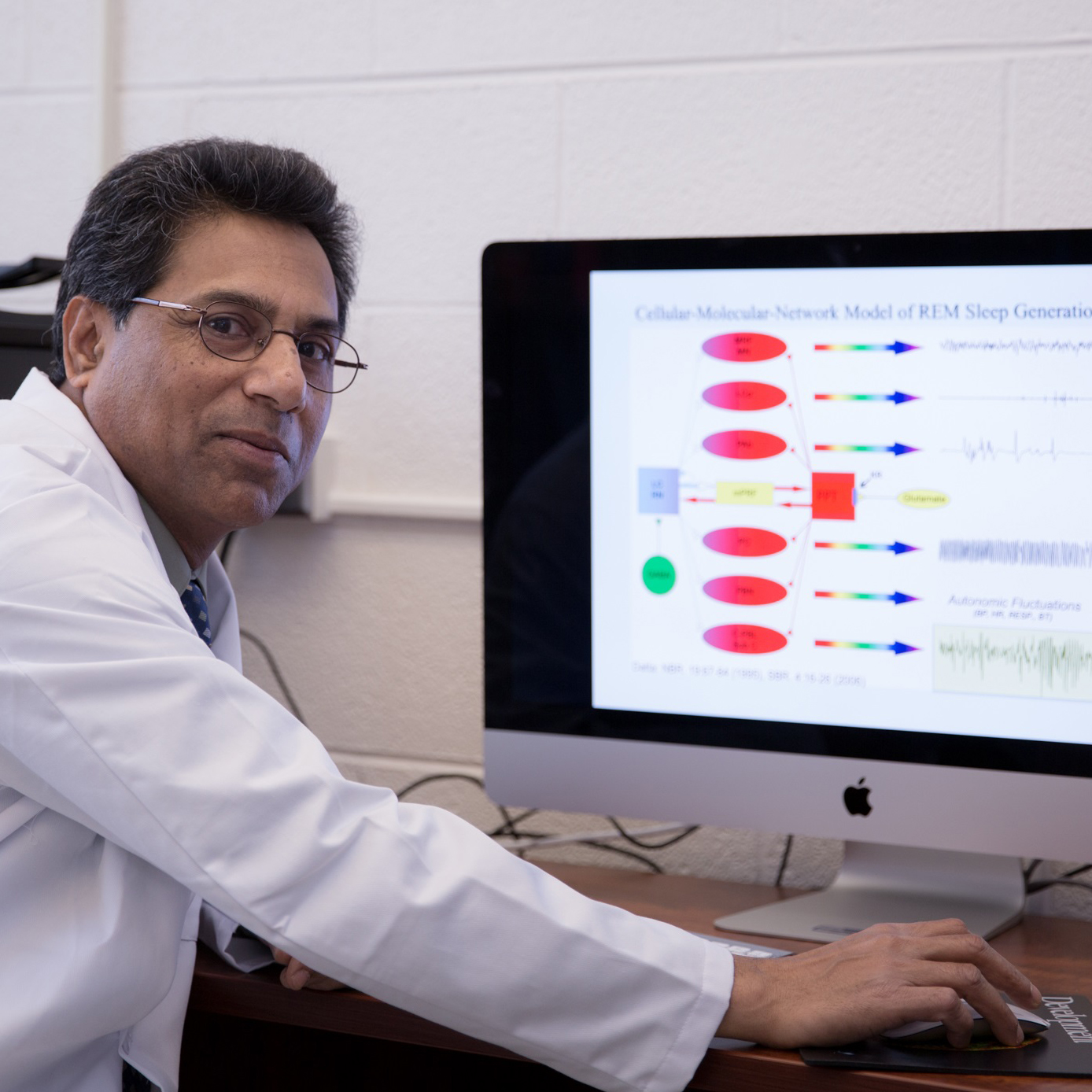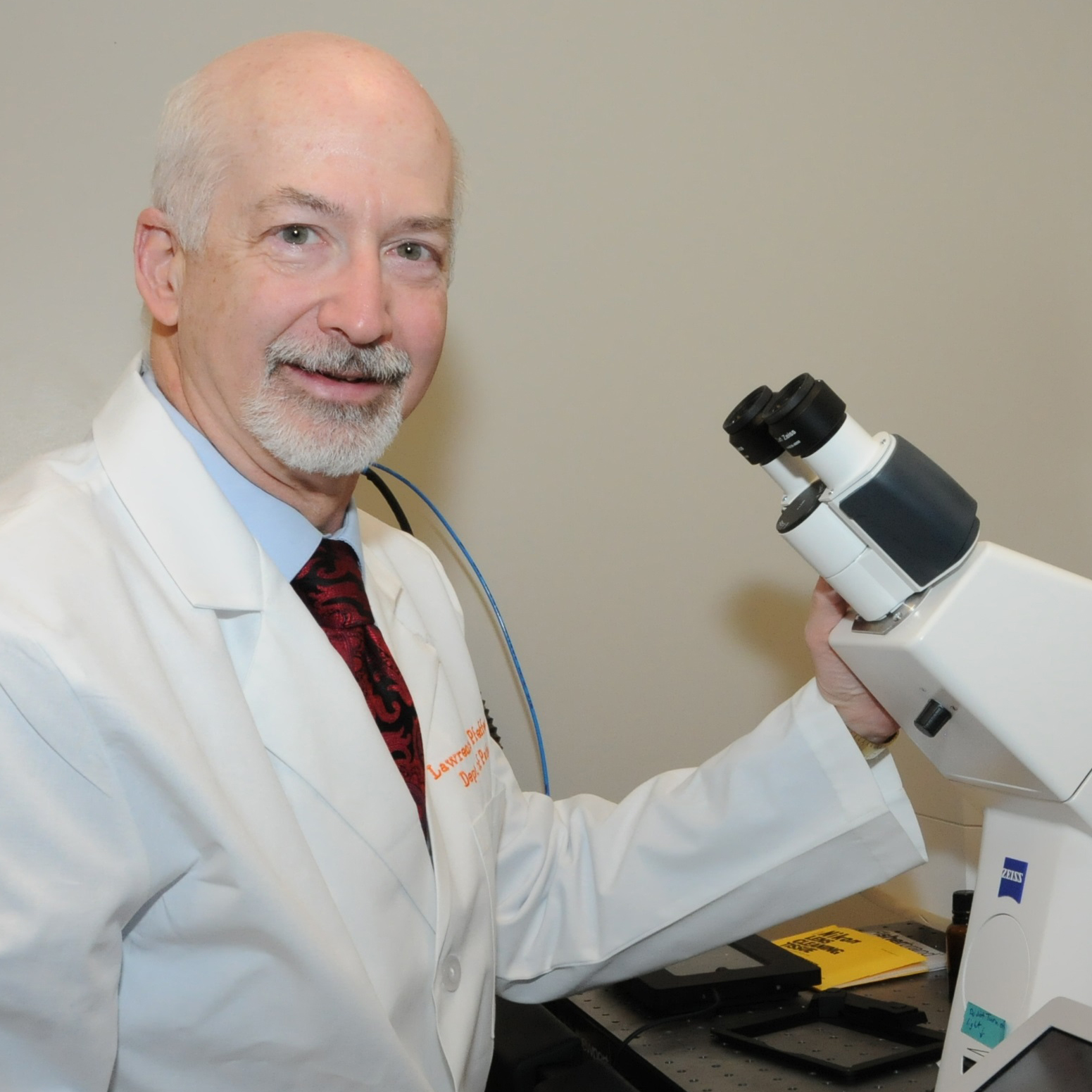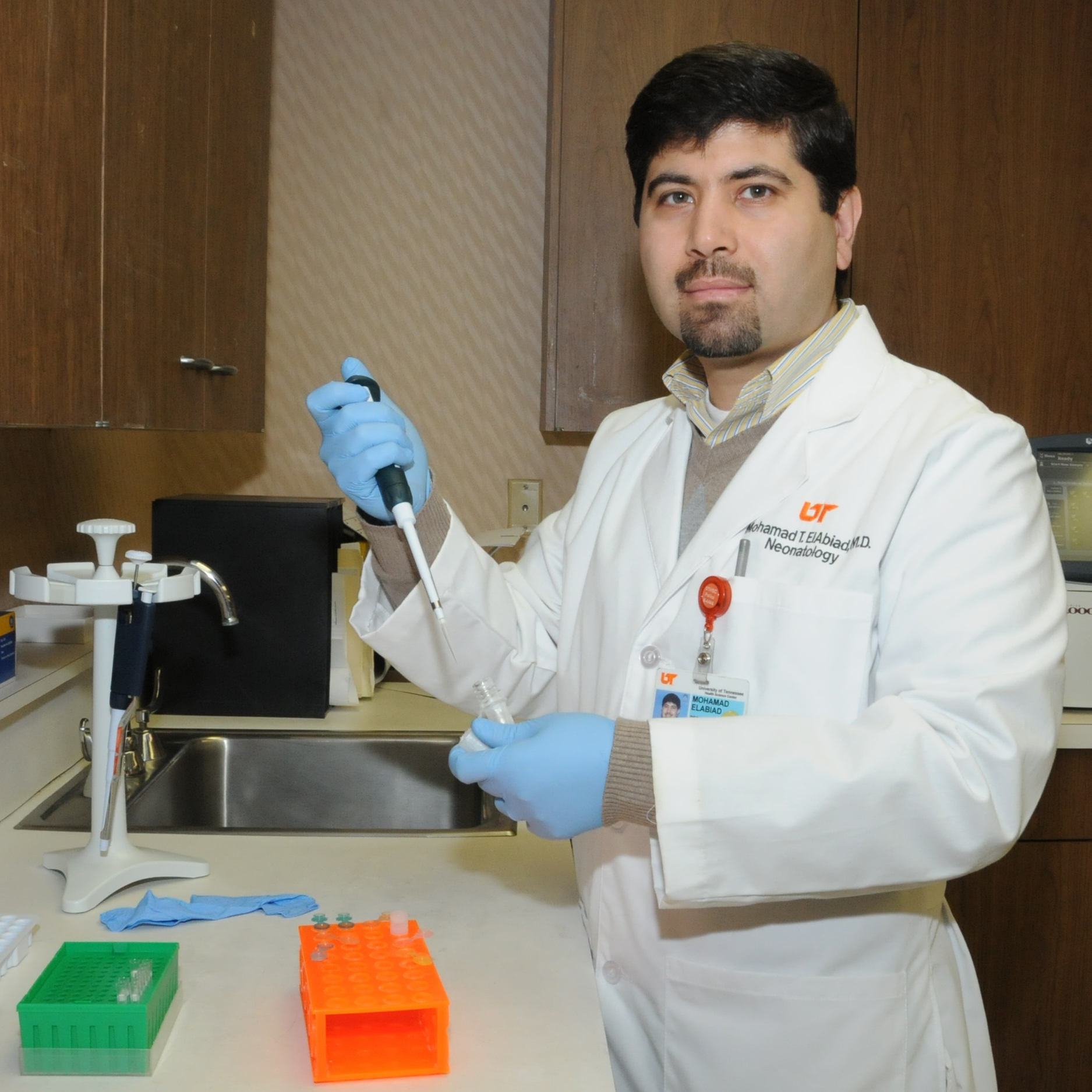Rapid eye movement (REM) sleep, also known as dreaming sleep, is naturally regulated so that daily amounts are relatively consistent and losses are made up during the next period of sleep. This well-documented phenomenon is called REM sleep rebound. Subimal Datta, PhD, a professor in the University of Tennessee Health Science Center (UTHSC) Graduate School of… Read More
National and Local Speakers Discuss Genetic Factors in Alcohol Abuse; Fetal Alcohol Spectrum Disorder; Perils of Mixing Energy Drinks and Alcohol Alcohol use disorder (AUD), characterized by misuse of alcohol despite negative physical, mental, personal, financial or legal consequences, is a major national public health issue.
Unite, a student organization concerned with improving the visibility, strength and support of the LGBTQI (lesbian, gay, bisexual, transgender, queer and intersex) community on campus, held an information event in the lobby of the 920 Madison Building recently. Unite joined with Student Academic Support Services (SASS) and the Office of Equity and Diversity (OED) to put… Read More
Glaucoma is a leading cause of irreversible blindness in the United States and globally. Currently, there is no cure for the disease, and once vision is lost, it cannot be regained. However, Robert. W. Williams, PhD, chair of the Department of Genetics, Genomics and Informatics at the University of Tennessee Health Science Center (UTHSC), has… Read More
Understanding appetite is key to unlocking the grip of obesity. The Neuroscience Institute at the University of Tennessee Health Science Center (UTHSC) will host a symposium on Tuesday, April 21, focusing on how the brain controls the appetite, and thus influences obesity.
“Why cluck with the chickens when you can be soaring with the eagles,” Samuel Dagogo-Jack, MD, director of the Department of Endocrinology at the University of Tennessee Health Science Center (UTHSC), told 150 minority high school and college students invited to campus on March 26 and 27 for the second annual Dr. M. Alfred Haynes… Read More
Lawrence Pfeffer, PhD, Muirhead Professor of Pathology and director of the Center for Cancer Research at the University of Tennessee Health Science Center, is the principal author of a paper published in The Journal of Biological Chemistry that describes a little-known gene that could hold a key to future treatment of glioma, or brain cancer.… Read More
Small amounts of two heavy metals, lead and mercury, are naturally present in human blood. In adult transfusions these amounts are not significant enough to cause any concern. For extremely premature infants, however, the story is different. Frequent blood transfusions, which naturally contain lead and mercury, theoretically increase the risk of toxicity from these metals… Read More




